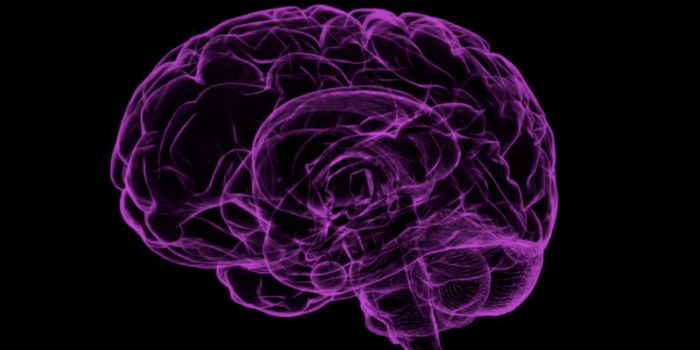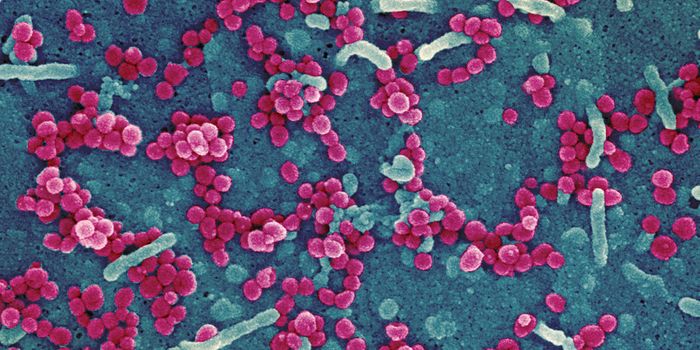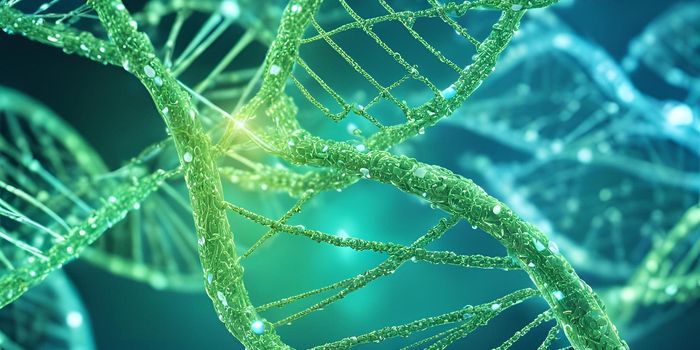Proteins That Seem to Cause Migraines are Found
Researchers have recently identified several proteins that circulate in the blood and are thought to cause migraine headaches. These proteins are also associated with Alzheimer's disease, and it may be possible to find existing medications that will work as therapeutics for the disorder, based on this new data. This research has been reported in Nature Communications. This study has shown that people who get migraine headaches have lower circulating levels of several proteins, CHIC2, FARS2, and GSTA4, which have been connected to inflammation.
People that deal with migraines were also found to have increased levels of two proteins called DKK1 and PDGFB in circulation, which have been associated with brain calcification diseases. Both proteins also interfere with a signaling pathway called Wnt.
Researcher Dale Nyholt, a Queensland University of Technology Professor, suggested that DKK1 could be the mechanistic link that explains previously established connections between Alzheimer's disease (AD), migraine, and cerebral amyloid angiopathy (CAA). The increase in DKK1 and PDGFB and reduction in FARS2, GSTA4 and CHIC2 increases the chance that a person will get migraines.
DKK1 and PDGFB can inhibit Wnt signaling, which may lead to calcification and inflammation in the brain, causing migraine headaches and pain, Nyholt explained. When levels of FARS2, GSTA4 and CHIC2 are too low, inflammation that has been associated with migraine may be observed.
"Notably, our finding of a strong causal effect of higher levels of DKK1 on migraine risk might be linked to a reduction in Wnt signaling as observed in Alzheimer's disease and cerebral amyloid angiopathy," Nyholt said.
"Cerebral amyloid angiopathy is a build up of proteins in brain arteries known to cause Alzheimer's disease and reduced Wnt signaling has also been shown to increase neuropathic pain in a rat model."
There is some "good news," Nyholt added. Existing Alzheimer's drugs called Wnt activators that aim to increase DKK1 levels might be good at treating migraines in some patients. However, the situation is complex, and there may be different pathways affected in different people, so the solution may not work for everyone.
"There is no genetic link between migraine and Alzheimer's disease but, in theory, controlling DKK1 levels could potentially prevent people with migraine from developing Alzheimer's disease," said Nyholt.
Too much DKK1 protein could be just one reason why some migraine patients have an increased risk of Alzheimer's, Nyholt said. "There is typically no single cause for these complex conditions leading to diagnosis. There are lots of different mechanistic pathways that can go wrong and lead to disease.
Sources: Queensland University of Technology, Nature Communications









